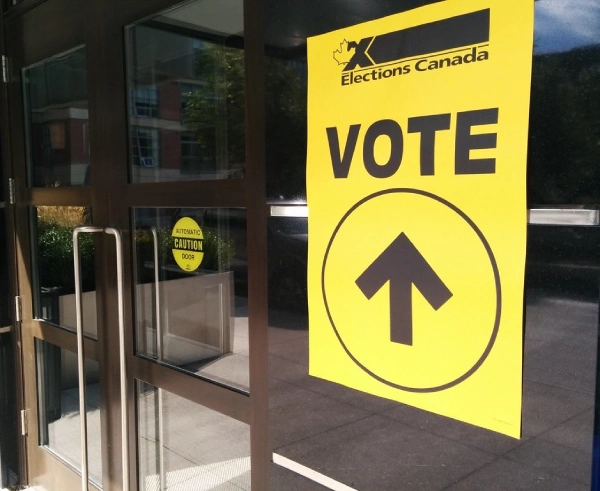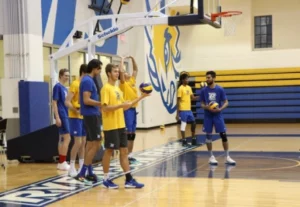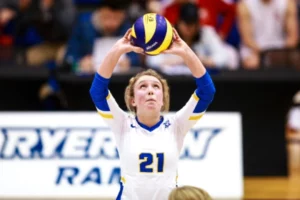
Justin Trudeau’s Liberals form a minority government
Prime Minister Justin Trudeau has managed to hold on to power after winning a minority government on Oct. 21.
The Liberals won the most seats in the 2019 Canadian election, but the party is coming out with less than they had going in. They will now be required to work with opposition parties to pass legislation.
“I have heard you, my friends,” said Trudeau. “You are sending our Liberal team back to work; back to Ottawa with a clear mandate.”
The Liberals, who lost all their seats in Alberta and Saskatchewan, will have to decide if they will form a coalition government or pick up support on a vote-by-vote basis.
The agenda they hope to advance includes billions in new spending on students, families, and the environment by implementing higher taxes on the wealthy.
Trudeau also says the Liberals will be imposing a ban on all military-style assault rifles, committing Canada to net-zero emissions by 2050, and imposing new regulations for multinational tech giants.
NDP Leader Jagmeet Singh congratulated Trudeau for winning in his concession speech. Singh also said there will be requirements if Trudeau wants his potential support going forward, such as tackling affordability and a universal pharmacare plan.
“We’re going to make sure that the energy that we built over this campaign, the excitement that we built, and the focus that we put on people, on people’s struggles, continues so that we can play a constructive and positive role in the new Parliament that Canadians have chosen,” said Singh.
The Liberals will also have to deal with the regional divide that early results seem to indicate. Support for Quebec sovereignty and Western alienation appear to be surging.
Bloc Quebecois Leader Yves-Francois Blanchet surprised Canadians as the results came in. The Bloc split the vote in Quebec, bumping the NDP out of third-party status. Blanchet reacted with triumph after more than tripling the number of Bloc Quebecois MPs. The NDP lost 14 seats in Quebec, but still managed to win 24 across Canada. They had 39 before the election.
The Conservatives, NDP and Greens gained seats in British Columbia and Atlantic Canada. The NDP took the seat in Nunavut.
Trudeau said in his victory speech that he was thankful for everyone who voted for the Liberals, and he acknowledged he will have to address regional divisions.
“Regardless of how you cast your ballot, ours is a team that will fight for all Canadians,” said Trudeau. “I have heard your frustration and I want to be there to support you. Let us all work hard to bring our country together.”
The Liberals won 157 seats after heading into the campaign with 177. The Conservatives, which remain the official opposition, won 121 seats after heading into the election with 95. Despite not forming government, the Conservatives won the popular vote.
Conservative Leader Andrew Scheer said in his concession speech that the result was not what he was hoping for, but he was happy the Conservatives are sending a larger team to Parliament Hill. Scheer said that the Conservatives will be ready to “serve to help every Canadian get ahead” should Trudeau’s minority government fail.
“More Canadians wanted us to win this election than any other party,” Scheer said. “Tonight, Conservatives have put Justin Trudeau on notice.”
Green Party Leader Elizabeth May picked up a new seat for the Greens in New Brunswick, taking them from two to three seats. May said that the gain was far from what she had hoped for.
Alternatively, People’s Party Leader Maxime Bernier lost his seat to Conservative Richard Lehoux, leaving the party out of the House of Commons. Bernier vowed to run candidates for the People’s Party in several ridings this election, but no one was elected under its banner.
Former attorney general Jody Wilson-Raybould was re-elected as an independent after being removed from the Liberal caucus.
It is too soon to measure voter turnout on election day, but initial numbers from Elections Canada indicate that day-of voter turnout was high compared to past elections with about 66 per cent of eligible voters casting their ballots.
Elections Canada said that there were a record 4.7 million Canadians estimated to have voted at advance polls, 111,300 people voted at early on-campus voting stations, and 21,842 ballots came in from those living abroad.

